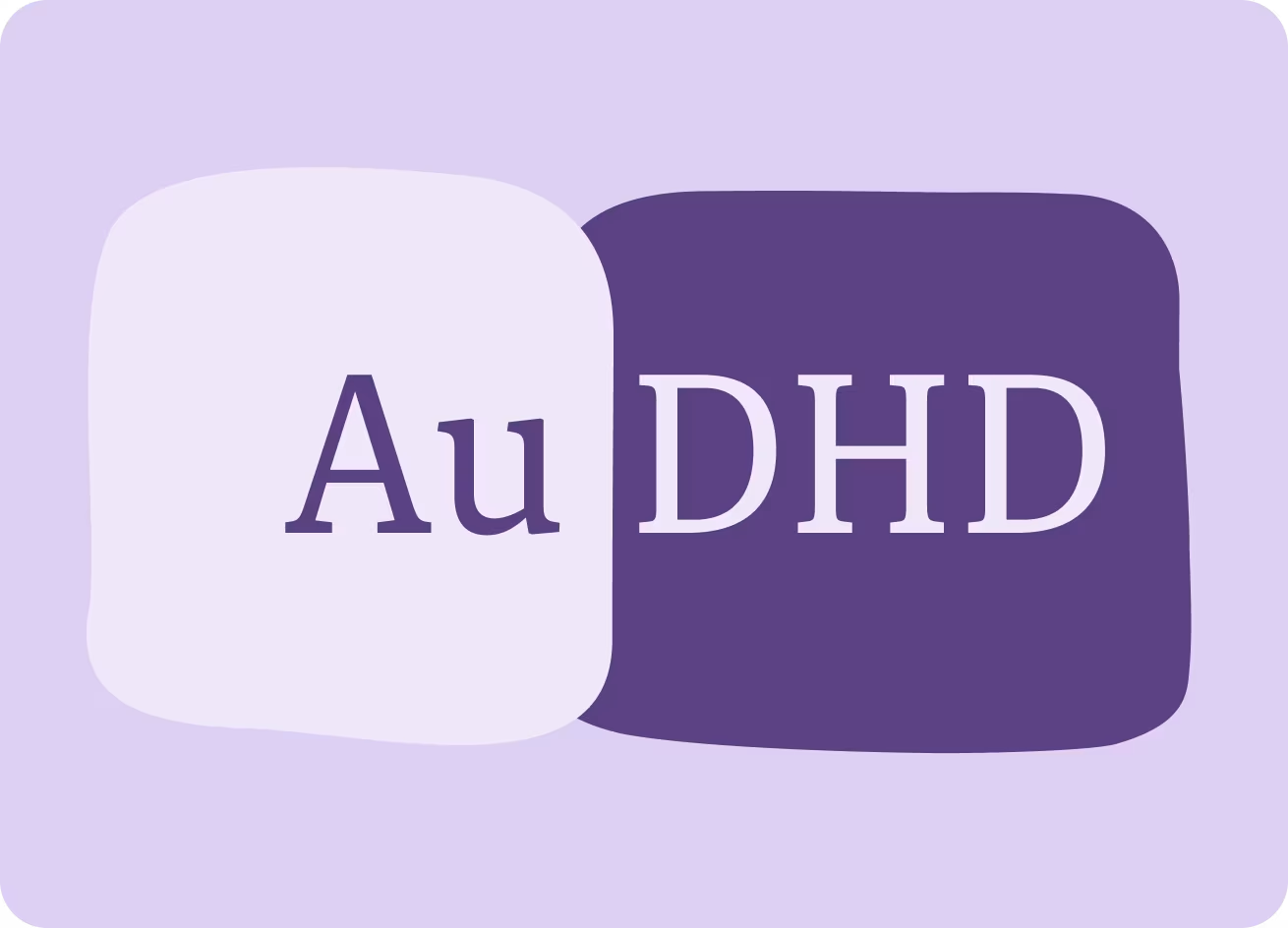Top Signs and Symptoms of Autism
Are you concerned about why your little one hasn’t started babbling yet? Or why your toddler prefers to play alone? As parents, we often feel we know our children best and are attuned to their moods, behaviors, and quirks. However, we sometimes need assistance in determining whether they are just developing at their own pace or if they might be showing signs of autism.
First, it’s important to understand the definition of autism. According to the Centers for Disease Control and Prevention, autism spectrum disorder (ASD) is a developmental disability caused by differences in the brain. People with ASD often have difficulty with social communication and interaction, as well as restricted or repetitive behaviors/interests.
What does this mean for children, and how does autism impact their learning, movement, and play? For a more detailed overview of autism characteristics, take a look at our list of the top signs and symptoms of mild autism.
- Avoids eye contact when speaking to others or when being spoken to
- Prefers to be spend time alone, specifically in a social setting
- Finds it difficult to be with others or maintain friendships
- Shows signs of lack of empathy
- Speech delay, lack of response to their name or not using gestures
- Repetition of words or behaviors or fixation
- Upset by everyday or common noises
- Play with toys particularly or differently
- Difficulty with change (in schedule, routine or scheduling)
- Unusual interests or behaviors
- Uncommon level of anxiety or nervousness with certain things
- Lack of fear or exceptionally fearful

Keep in mind that every autistic child is different. While some kids may show a lot of signs and symptoms of autism, others may only show one or two. Since all children develop at their own pace, it can be difficult to determine if a child is missing important developmental milestones, or merely just moving at a slower pace.
If you’re concerned that your child isn’t meeting his or her milestones, or have noticed some of the above characteristics of autism, it’s important to consult your pediatrician. Early intervention is essential and can make a big difference. Finding the right diagnosis and treatment for your child or infant will help them receive the services they need to thrive, development and feel comfortable and safe in their own skin!
For more information on developmental autism therapy, contact us at (833) 587-1784






